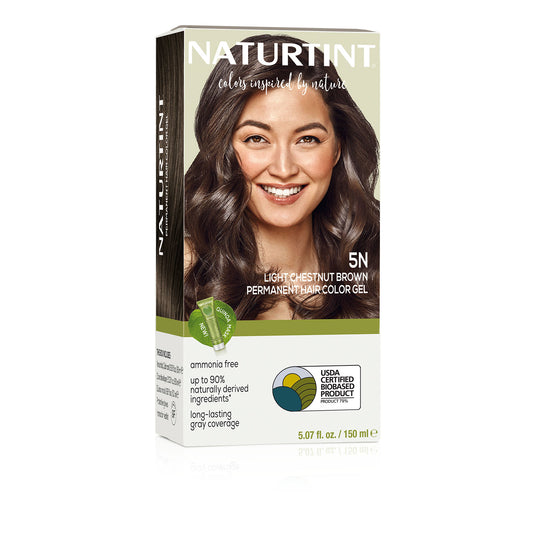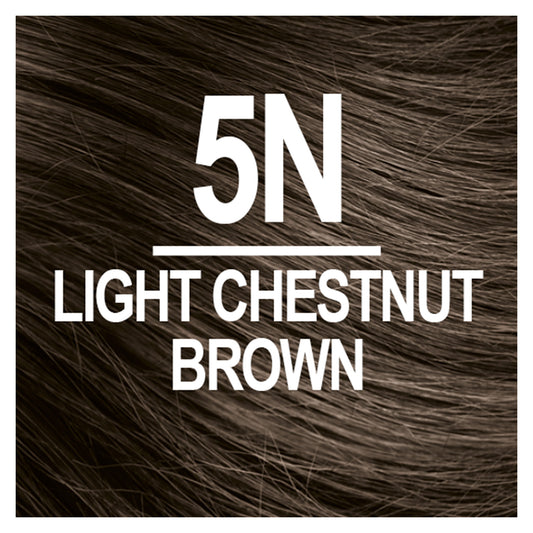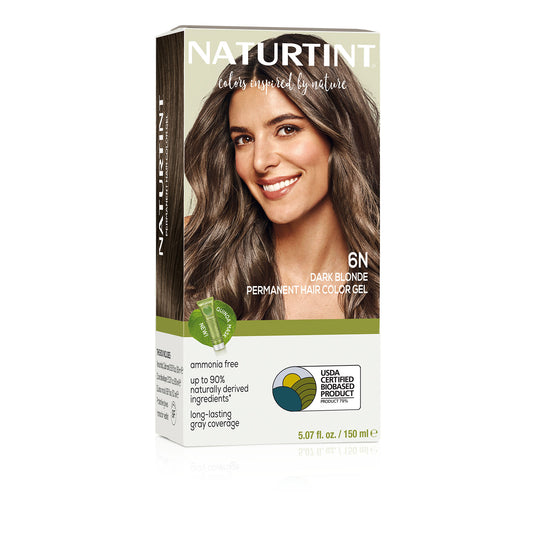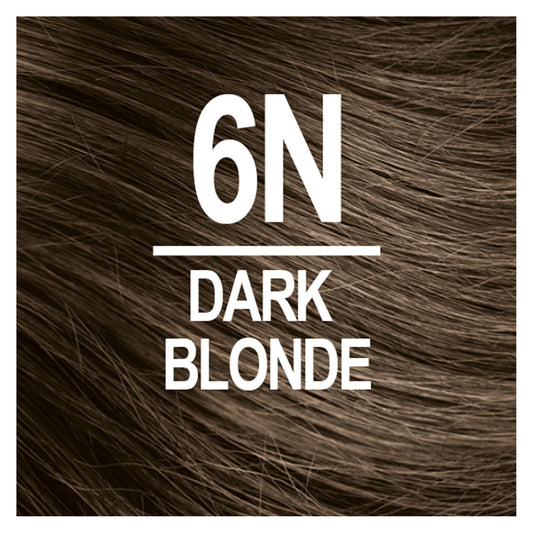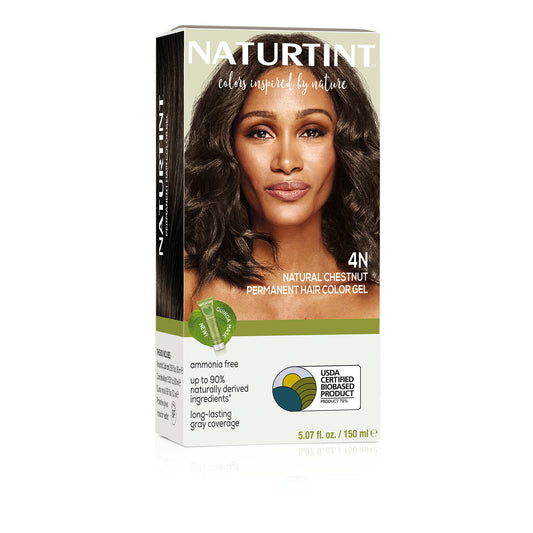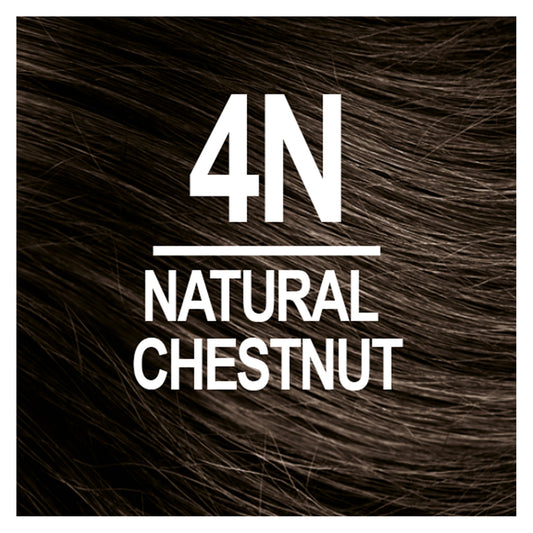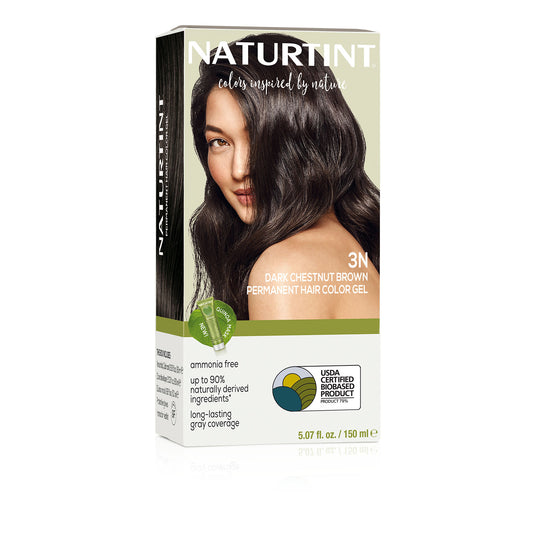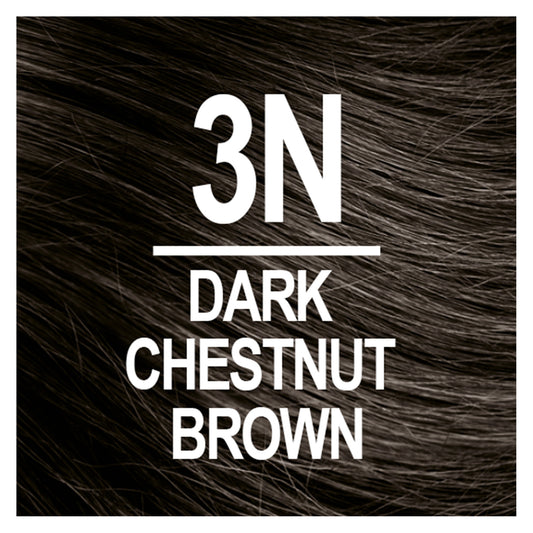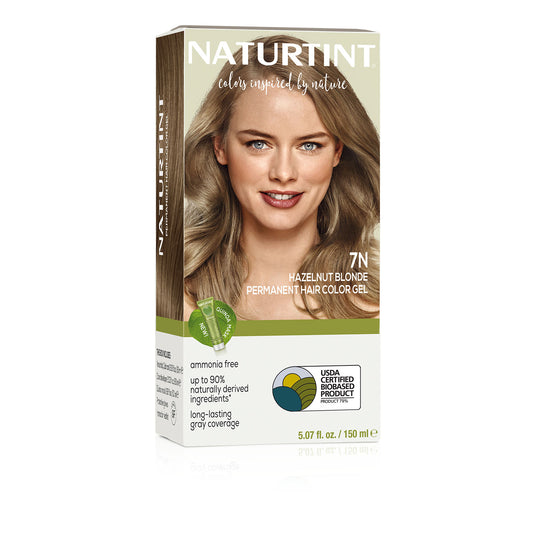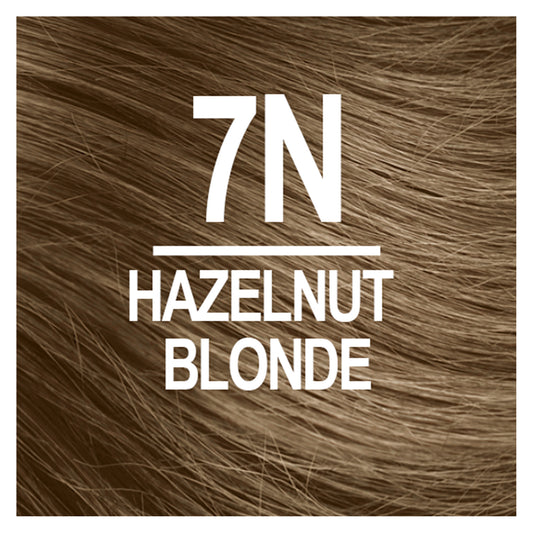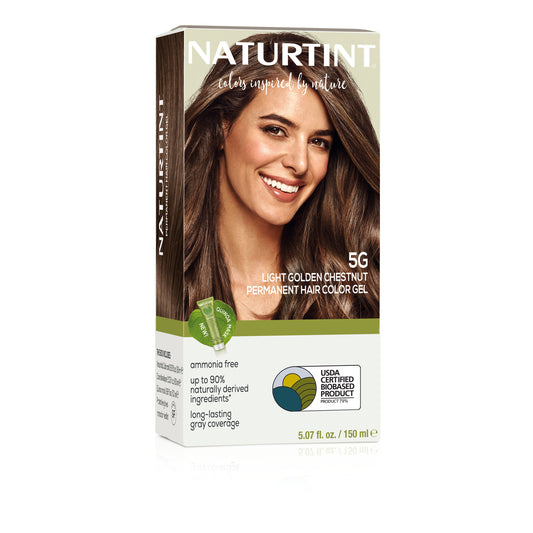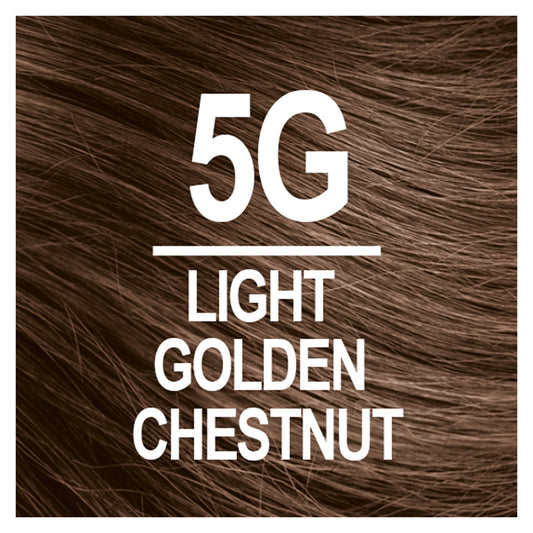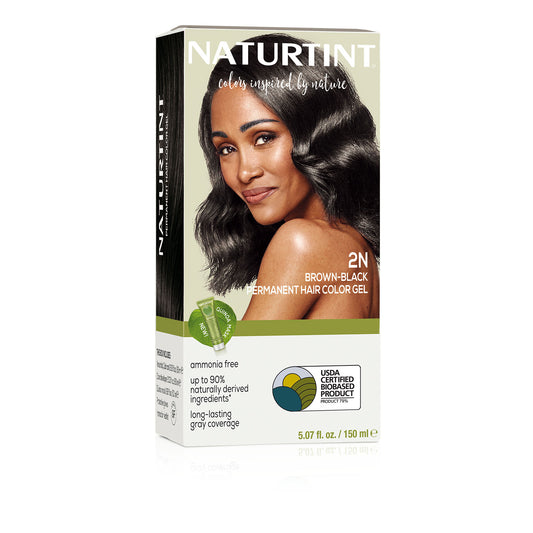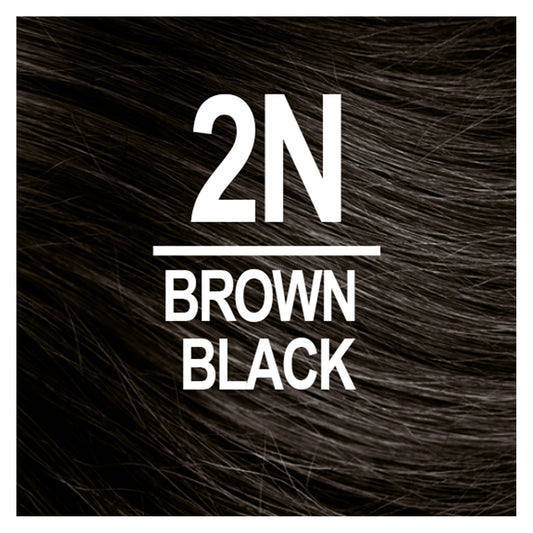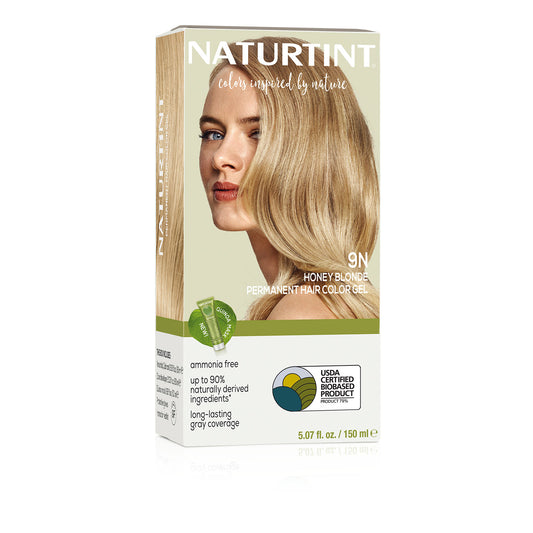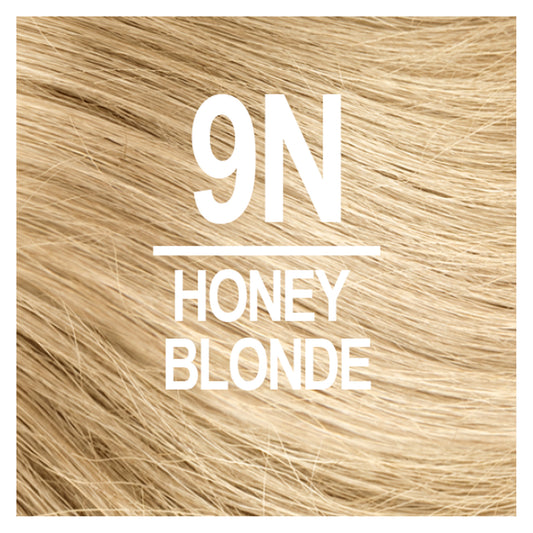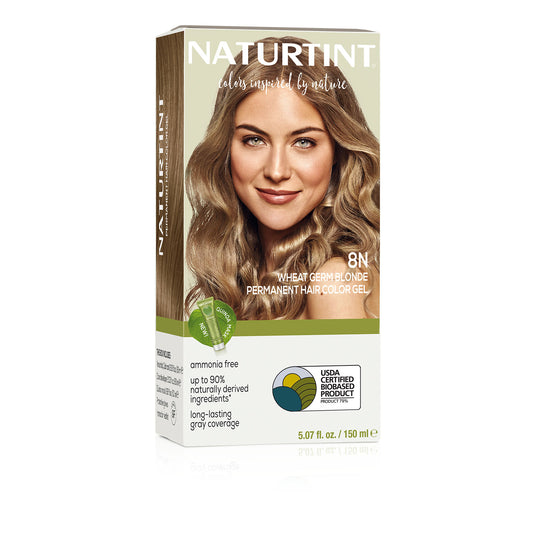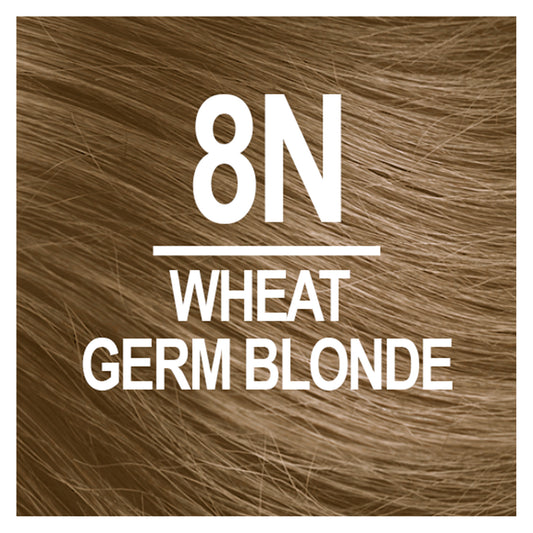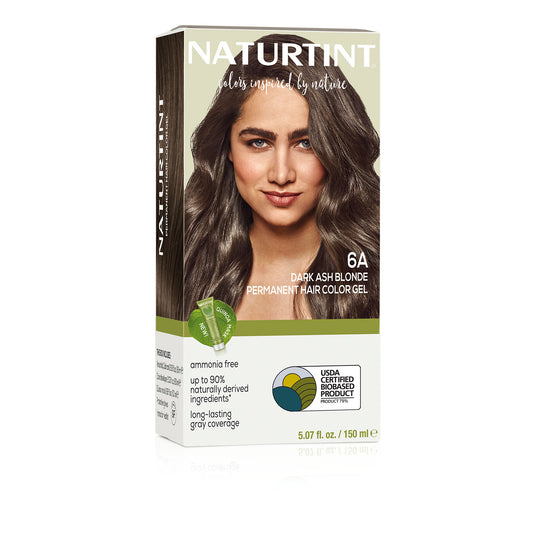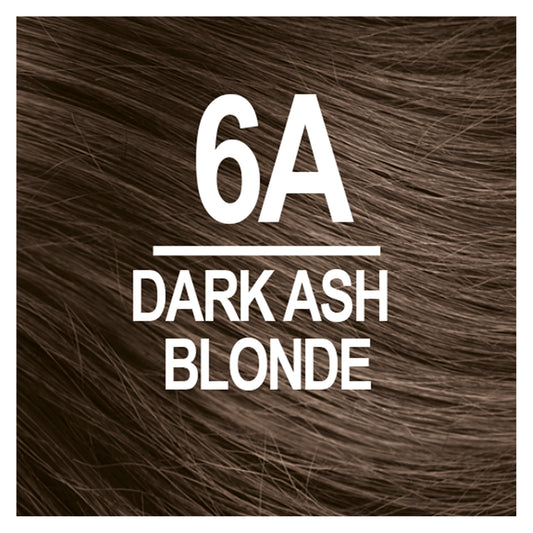Are you considering changing up your hair color? Whether you’re looking for something new with the change of seasons, or looking for something to freshen up your look, you may have wondered ‘what’s the best hair color for my skin tone?’ or ‘what hair color looks best on me?’.
We’ve all been there. You’re scanning the internet for some new hair color inspiration. You find a picture and the model has the most beautiful, vibrant colored hair. And then you wonder to yourself, “Yeah, but could I really pull that color off?”
To help you figure it out, let’s dig into the science behind warm and cool colors.
Related: Hair Color Levels

How to identify the best hair color for your skin color
Warm vs. Cool Colors
All the colors that exist in the world are made up of the three primary colors – red, yellow, and blue. Our skin and hair colors are made up of countless combinations and proportions of red, yellow, and blue.
Secondary colors such as orange, green, and violet are created when two primary colors are equally combined. If you mix equal parts of a primary color with a secondary color, the resulting hue is a tertiary color.

Identify the best hair color for your skin color by understanding depth, tone, and undertone
Now, if you imagine a color wheel, colors that are directly opposite each other are considered complementary colors. Think red and green, yellow and violet, or blue and orange. Each color’s complementary color neutralizes its tone.
Depending on your hair color’s makeup, your hair can have a warm or cool undertone to it. You’ll want to keep this in mind when choosing a hair color that is a complement to your skin tone.
Not sure if your skin tone has warm or cool undertones? Let’s talk about how you can quickly and easily figure it out!
Figuring out Your Skin Tone
Unlike your skin tone, which is your surface skin color, your skin undertone is the subtle color beneath the surface of your skin. Knowing your skin’s undertone will not only help you choose a stunning hair color, but also helps with picking the right shade of foundation, the perfect lipstick hue, and even the most flattering colors of clothes to wear.
The four main types of skin tones include: light, fair, medium, and deep (dark).
Just as there are different hair tones, there are three different skin undertones – warm, cool, and neutral.
Here are a few quick and easy ways to determine your skin undertone without leaving your house.
the vein test
This method is pretty foolproof, but make sure you have plenty of natural light before trying this. When you look down at the inside of your wrist, what color do you see? If your veins appear more blue or purple, you likely have a cooler skin undertone. But if your veins appear greenish, you likely have a warmer skin undertone. If there’s not much contrast between your veins and your skin, or you’re not sure, you probably have a more neutral skin undertone.
the jewelry test
What color bling looks best on you – gold or silver? If you find yourself wearing more silver jewelry, chances are you have a cool undertone. On the other hand, if you tend to wear more gold jewelry, you are likely warm-toned. If you look great wearing both metals, you probably have a pretty neutral skin undertone.
the sun test
You’ve just spent a long day in the sun. If you are sunburned and bright red, you have a cool undertone. If you tan easily and hardly ever burn, you have a cool or even neutral undertone. And if your skin is very dark and rarely burns, you most likely have a warm skin undertone.
Once you have determined your skin undertone, you are one step closer to picking the best hair color to highlight your skin.
Choosing a Hair Color for Your Skin Tone
So what does this elementary-school art lesson have to do with your hair? Well, identifying your skin tone and understanding how complementary colors work will help you select the best hair color for your features.
If your skin undertone is warm, try picking a hair color with a cool undertone to provide a nice contrast. Similarly, if you have a cool skin undertone, choose a hair color with warm undertones. If your skin undertone is neutral, then warm, cool or neutral hair undertones will complement your skin well.
Regardless of what hair color you’re looking to achieve, it’s important to keep in mind what your skin color is and how that complements your hair color. By following the quick and easy tests above, you can figure out your skin undertone and be one step closer to choosing a beautiful and vibrant hair color.
Still unsure about which hair color is right for you?
Get expert help from our Naturtint USA color specialists here!
Related: What is the Best Hair Color for Me?



